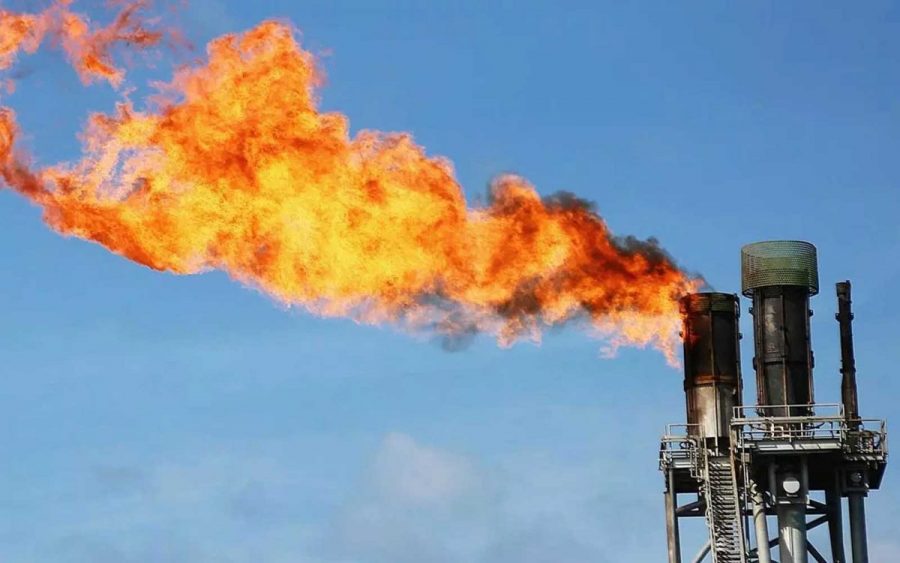Last year, the global demand for energy dropped triggering a significant decline in crude-oil, prices, a major source of foreign exchange receipt for Nigeria. Amid the drop was a temporary respite for the global ecology. Considering that exploration activities had to be tapered by 8.0% to manage the supply glut and prices, gas flaring activities according to the world bank report on gas flaring for 2020 also reduced 5.0% y/y, globally. Annually, large
amounts of carbon emission are released into the atmosphere leading to global warming and other environmental degrading concerns.
The United Nations Framework Convention on Climate Change (UNFCCC) was organized due to a global realization that global ecology is being degraded from sustained carbon emissions. The conception and establishment of the convention has continued to get Nations of the world to commit to reduced carbon emission and has given rise to the Kyoto protocol as agreed in Japan on 11 December 1997 before coming into force in 2005.
The protocol was a move to operationalize the UNFCCC just as the Paris agreement of 2015, which were both aimed at reducing the emission of greenhouse gas and its disastrous consequences. As of 2020, according to the world bank, seven countries (Russia, Iraq, Iran, US, Nigeria, Venezuela and Algeria) accounted for c. 40.0% of global crude production and c.66.0% of gas flared.
Nigeria has been largely unsuccessful in curbing gas flaring in the past. Despite several court rulings to that effect, it has recorded less success owing to the importance of crude-oil to the economy, and the inseparable nature of exploration and flaring. For context, In the bid to create commercial value vis-à-vis flared gas, Nigeria, in 2008 entered into an agreement with 13 firms, one of which is P&ID.
This agreement yielded little or no result, save for getting Nigerian into a protracted legal battle with P&ID. More recently, in 2016, the Nigerian Gas Flare Commercialization Program (NGFCP) was launched, to offer flared gas for sale by the Federal Government of Nigeria through a transparent and competitive bidding process. We note that efforts have been encouraging in recent times.
The continued release of greenhouse gas, as scientifically proven overtime, has dire consequences for the natural ecosystem. This is further worsened by its influence on rising sea level, temperature, water supply, food supply among other factors. The domestic gas market in Nigeria remains largely underdeveloped mainly due to dysfunctional pricing and other structural issues in both electricity and natural gas markets. Gas markets need an enduse application and for a country like Nigeria, power generation is the most obvious. A small-scale use can be to build local gas-fired power plants to supply power for local industrial uses, residential electrification, and injection into the power grid.
CSL Stockbrokers Limited, Lagos (CSLS) is a wholly owned subsidiary of FCMB Group Plc and is regulated by the Securities and Exchange Commission, Nigeria. CSLS is a member of the Nigerian Stock Exchange.
